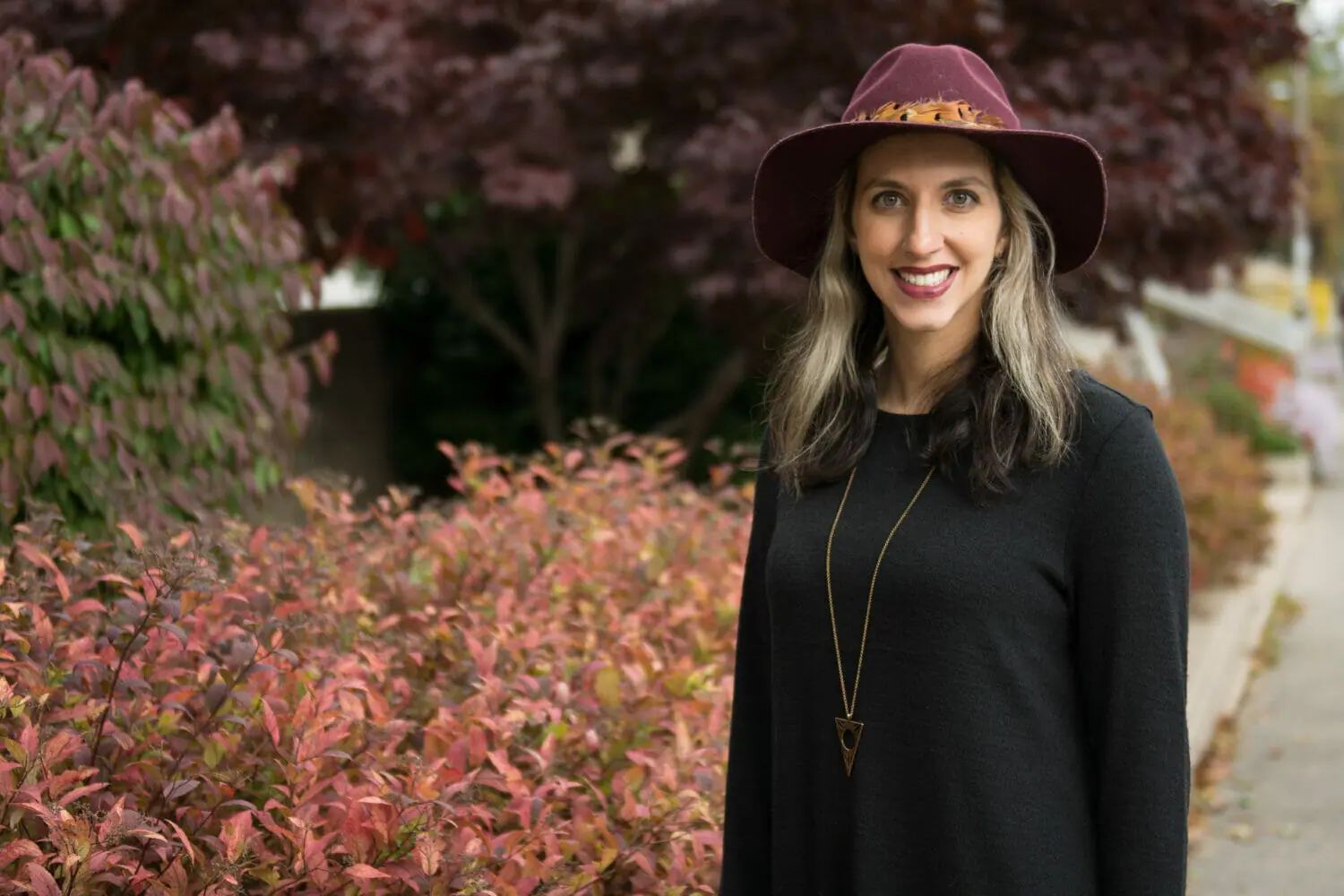Hometown: Yarmouth County, NS
Major: Law
Kym Sweeny has been described as a “badass mom and law student” who advocates for students around issues of gender and sexualized violence. She has been integral to the creation of the DSU Sexual Assault & Harassment Phone Line, as well as the creation of the Student Advocacy Society.
“There was a group of us getting together even before the Dentistry scandal happened,” she says. “But when it did, we really pushed. This was our time, we could use the media pressure and attention to put pressure on the university to make things happen.”
One of the gaps identified by the Report of the Task Force on Misogyny, Sexism and Homophobia in Dalhousie University Faculty of Dentistry was that Dalhousie’s existing Student Code of Conduct and Sexual Harassment policies are inaccessible to students.
“Students don’t know that they’re there, they don’t know how to navigate them,” Sweeny explains. “There’s not enough support for them to go through the systems of either making a complaint or when they’re being charged.”
While Dalhousie’s Student Advocacy Service (DSAS) has existed for years, it focused on dealing with mainly academic integrity cases. Sweeny created the Student Advocacy Society and took on cases of sexual harassment, assault, and discrimination amongst others.
“We helped get them informal or formal resolutions. It was really successful.”
In April, Sweeny was appointed by the DSU Council to be the Executive Director of DSAS to facilitate the merging of the two services to be one advocacy centre for students.
There are over 50 volunteers, all law students.
“Part of my vision for what this service should be, what advocacy at Dal should be, is not just helping individuals but helping to shape the bigger picture,” says Sweeny.
She wants to make an impact and changes on both an individual level and a structural level.
“90% of students charged with academic integrity offenses are international students,” she says. “We should start talking to the administration about what we can put in place to fix that.”
DSAS plans to lobby for an international student representative on the Senate Disciplinary Committee, offer academic integrity workshops for international students as part of orientation, and provide translators for hearings.
Sweeny’s advocacy work does not focus solely on gender and sexualized violence issues, but also on environmental and indigenous issues.
“Just caring about the environment, just engaging in environmental activism, I feel is not enough,” she explains. “We really need to take an intersectional approach because Aboriginal peoples, and People of Colour, are disproportionately impacted by environmental issues.”
“It’s a really important intersection because environmental issues and degradation disproportionately affect Aboriginal communities because they live so closely entwined to the land,” Sweeny explains. “A lot of the time Aboriginal resistance to development projects can be really misrepresented in the media in very blatantly racist ways. I really wanted to be involved in combatting that racism, that environmental racism.”
Sweeny emphasizes that while sustainability, bike lanes and recycling are important, understanding environmental issues requires more. According to Sweeny, it’s about returning to the roots.
“The problem is how we relate to the environment, and to the Earth. When you go and you look at Aboriginal cultures and languages, everything is very relationship based. In Western culture everything is very objectified. In learning Mohawk, every word is relational. What would be a chair in English, in Mohawk it would be ‘that which holds me up’. A relationship versus an object.”
The case the piqued Sweeny’s interest in attending law school was the dumping of chemicals into the water of the Ahkwesásne First Nations, which is a Mohawk territory spanning Southern Ontario, Quebec and Northern New York.
“The fish that the community was reliant on for their diet was so incredibly poisoned that they were advised not to eat the fish, women were not able to breastfeed their children. As a mother, it’s a huge deal not to be able to do that.”
Sweeny has been a single mother since her undergraduate degree. Her son is in grade one.
“Being a mom has definitely shaped my approach to a lot of things,” she says. “It’s made me a lot more interested in issues of social justice, equality, making the world a better place for my son to grow up. It’s also really made me want to raise my son to be an agent of change, because the world doesn’t need another entitled white man.
“He is such an empathetic, socially conscious, incredible little human. He self identifies as gender creative or gender fluid, and he is just incredibly caring, funny and aware. I’m inspired by my five year old. Being able to do that, to foster those things in him while juggling everything else makes me proud.”


Recent Comments